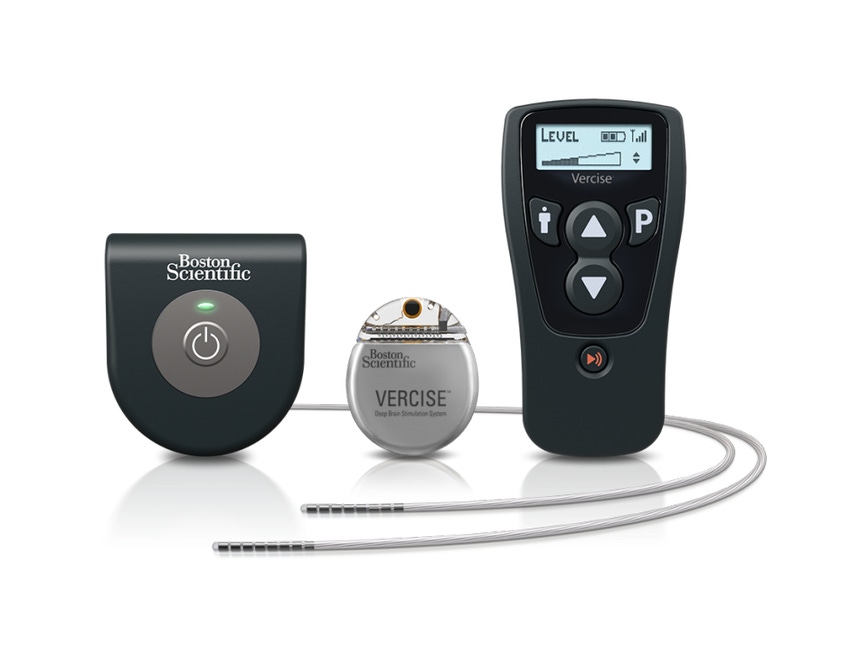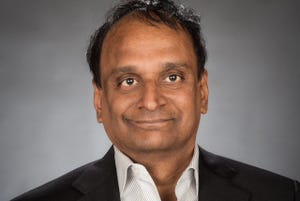Boston Scientific received FDA approval for the Vercise technology to treat Parkinson's disease in December of 2017, based on the results of the INTREPID trial data.
April 24, 2018

One-year data supports the effectiveness of Boston Scientific’s Vercise, a deep brain stimulation (DBS) technology for the treatment of advanced levodopa-responsive Parkinson’s disease. The Marlborough, MA-based company unveiled the results during the 70th Annual American Academy of Neurology Meeting in Los Angeles.
Boston Scientific’s INTREPID study evaluated 292 patients at 23 sites in the U.S. and successfully met its primary and secondary endpoints.
“The INTREPID study, is the only prospective, double-blind, randomized, sham-controlled, multi-center, study of DBS in this country,” a spokesperson from Boston Scientific, told MD+DI. “The design offers a level of confidence that the improvements demonstrated in symptom control are objective and that patients will benefit from the Vercise system.”
Results from the study show a 49.2% improvement in motor symptoms; a six-hour improvement in on time without troublesome dyskinesias as measured by a patient-completed three-day PD diary (motor diary); and overall sustained improvement in quality of life as measured by the Parkinson's disease Questionnaire 39.
"This study meets a new level of rigor in evaluating the effectiveness of a DBS system," Jerrold Vitek, MD, Phd, McKnight professor and chair, Department of Neurology, University of Minnesota Medical School and coordinating principal investigator for the INTREPID study, said in a release. "The double-blind design gives us confidence that the improvements in patients on time with good symptom control, as evaluated by the diary data, are an objective measure of the outcomes and suggests patients will benefit from the Vercise System."
Boston Scientific received FDA approval for Vercise late last year. The device is different from other DBS offerings because it does not stem from pacemaker technology. Instead the device is derived from cochlear implant technology and is able to stimulate the area that needs stimulation in order to optimize the therapy.
"Vercise is a rechargeable platform with a multiple independent control to offer more adaptable delivery of stimulation,” Boston Scientific’s President and CEO Michael Mahoney, said according to a Seeking Alpha Transcript.
About the Author(s)
You May Also Like




.png?width=300&auto=webp&quality=80&disable=upscale)